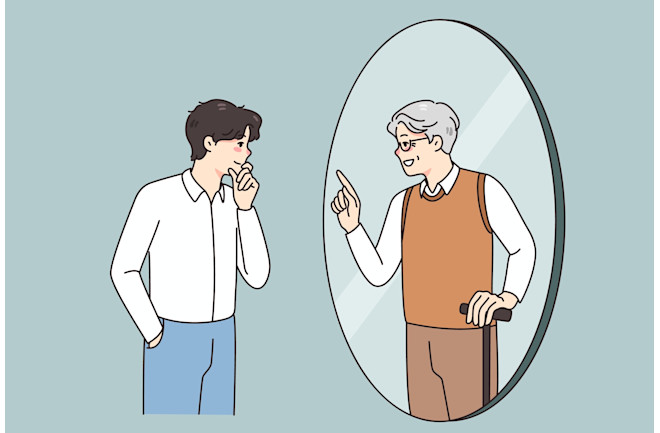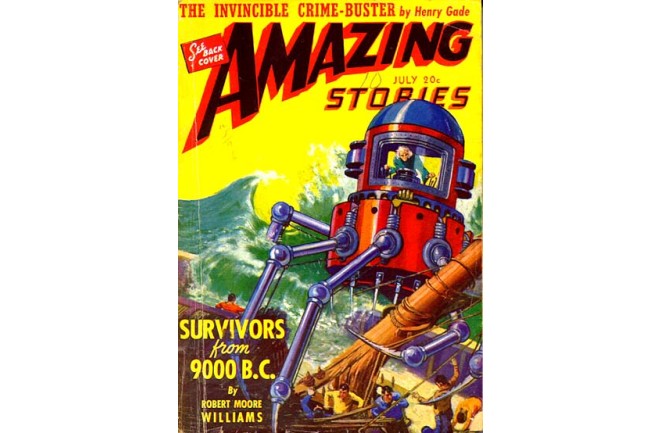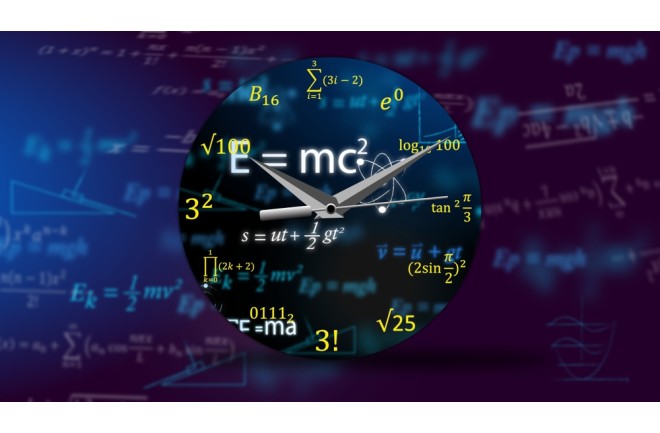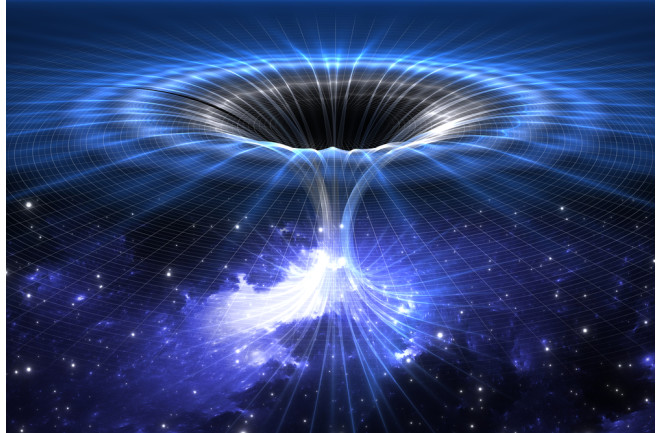
This topic is worth a visit in light of my new understanding of TIME. As I have posted, my Cloud cosmology and the act of creation of the SPACE TIME pendulum is embedded in a 3D manifold rather than a space time manifold. This is a big difference because TIME is created along with even consiousness which is photonic in nature.
The good news is that a 3D manifold is preserved through the creation of any and all wormholes. This does mean TIME independent spatial travel within the same page of TIME. Rather handy for all of us sitting deep inside a gravity well. We are dragged along so cannot jump into Space. The real issue will be matching vectors..
Within our gravity well, we can use high frequency to allow us to then jump to another page of TIME and presumably stabalize the two way connection This is where causuality concerns crop up.
Yet understand that this wormhole is actually attaching a portion of the past TIME page to the present and this effect must disapate in the past unless effort is exerted to keep it intact. I do think that all alternate time lines will converge on the present TIME page and typically adjust little things.
I want to say that we have observations supporting this scenario. This means modest meddling has occurred, but has also been easily handled. I do think that it takes huge energy to do all this and it also cannot be done without universal support.
What is beneficial is that we will restore all extinction events to the present ,but not attempt to prevent.
This simply means restoring a natural refuge that once produced a distinct biome to its original condition and then make a connecting wormhole to allow the two biome to join and intermingle.
We do have a couple of reports of such wormholes again, so it is not unimaginable particularly when the observer is unknowing.
Returning the the grandfather effect, i do think that it would disapate into small changes and adjustments and be almost unnoticible leaving you intact in the present and perthaps him as well as a new freind ,but quickly forgetting things that mattered to both...
Actually injecting change into the past actually means you already know and remember those changes before you make it happen. So not quite so simple.
.
If you went back in time and accidentally killed one of your ancestors, what would happen to you?
When it comes to hypotheticals about time travel, this is one of the most popular and compelling questions of all, well, time. And it isn’t just a plot device that science fiction writers and filmmakers use to drive a story. The so-called Grandfather Paradox has been weighed by physicists and philosophers alike for nearly a century.
What Is the Grandfather Paradox?
https://www.discovermagazine.com/the-sciences/what-is-the-grandfather-paradox-of-time-travel
Broadly speaking, the Grandfather Paradox is a colloquial term for just about any causality paradox. Causality, as you may remember from school, is the relationship between cause and effect. While not quite a law, causality is certainly fundamental to our understanding of basic physics, which depends in part upon the idea that cause must come before effect.
The paradox part of the Grandfather Paradox occurs when a time traveler creates a self-contradicting scenario where effect precedes cause. In this example, if you kill your grandfather before he has kids, one of your parents is never born. Consequently, you are never born. But if you’re never born, then you wouldn’t exist to go back and kill your grandfather in the first place, would you? Paradox!
Of course, the paradox doesn’t apply just to instances of grand-patricide, but to all hypothetical situations where a time traveler goes back to prevent something from occurring. If they’re successful, and the event never happens, the time traveler has no reason to go back and change something. So, they might try again and ... paradox! Whatever the traveler changes doesn’t have to be intentional either; accidentally interfering with a past event can also trigger a paradox.
Who Invented the Grandfather Paradox?

(Credit: Public domain/Wikimedia Commons)
While the concept of going back in time and changing the past has existed almost since the dawn of science fiction, credit for naming the Grandfather Paradox often goes to early sci-fi magazine fans and writers.
The specific time travel trope of killing your grandfather (and the consequences that might ensue) is referenced several times in the 1920s letter pages of pulp magazines like the famous Amazing Stories. By the late 1920s and early ‘30s, now-obscure writers like Charles Cloukey, Nathaniel Schachner and Rene Barjavel were delving into the paradox long before it would be used in famous short stories by Ray Bradbury, or in popular films and TV shows ranging from Star Trek to Back to the Future to The Umbrella Academy.
Has Anyone Solved the Grandfather Paradox?

(Credit: Aree_S/Shutterstock)
As a pure logic problem, scientists and other thinkers have devoted a surprising amount of time to pondering the Grandfather Paradox over the past several decades. Physicists who study quantum mechanics, for example, have published some compelling but not easily explained papers that allow for a temporal paradox to exist without necessarily violating any laws in quantum physics.
Meanwhile, others have offered less scientific but more creative ideas to resolve the paradox. One of the more popular notions — a real have-your-cake-and-eat-it-too theory — is that you wouldn’t actually create a paradox or cancel out your own existence by killing your grandfather.
Parallel Universe
Instead, once your grandfather dies, you’d find yourself still very much alive, but in an alternate timeline. The future (or your past, depending on how you look at it) would remain unchanged in your prime timeline while the alternate timeline continues to unfold elsewhere in the multiverse. In fact, some theorists feel that this solution doesn’t really speak to time travel so much as it addresses traveling to parallel universes, in this case a place exactly like your own, right up until you left it.
Still, in the end, both possibilities — killing Grandpa and not deleting yourself from existence — could occur in this scenario. Paradox solved! (Although this solution raises a different thorny question: Once you’ve killed your grandfather, can you get back to your original timeline, or will you be stuck in the alternate version?)
Self Consistency Principle
Other theories maintain that the Grandfather Paradox just goes to show you that time travel isn’t possible at all. The past cannot be changed; somehow, the universe would course-correct before you could ever have a chance to alter the past. In short, you might find that your time machine simply won’t work, the ultimate universal safety measure for preventing any paradox. A variation of this theory treats causality as an unbreakable physical law, like gravity. In other words, just as you couldn’t simply decide to float off the ground, so too would you be physically unable to do anything, accidentally or deliberately, that would create a time paradox.
Predestination Paradox
This brings us to the “what happened, happened” school of thought, which basically says that, even if time machines were real, you’re kidding yourself to think you can change things in the past. This theory relies less on causality and more on the idea that everything is simply predetermined. Your "going back in time to make a change" — or what you think is a change — was always supposed to happen.
For example, let’s say you do go back in time and kill your grandfather. Plot twist: It might turn out that he was never your grandfather after all! In a cosmic case of mistaken identity, some other guy could be revealed as your actual grandfather and you would still exist in the future, as you were always meant to. (But then Grandma might have some explaining to do.)
An even wilder variation on this theme “solves” the paradox by introducing another paradox. Here, the idea is that if you did manage to kill your grandfather, you would end up taking his place and become, yes, your own grandpa. Admittedly, scenarios like this tend to play out more in the minds of fiction writers than they do in logicians and theorists.
Is Time Travel Possible?

(Credit: Jurik Peter/Shutterstock)
Don’t laugh! This question isn’t as far-fetched as you might think. Are time machines real? No. Will they ever be? Probably not. As the late Stephen Hawking and others have noted, if such devices were ever going to be real, we’d likely have seen tourists from the future by now. But that doesn’t mean that time travel itself is impossible, at least theoretically.
Theory of Relativity
Einstein’s theory of relativity established that time and space are linked, and that the faster you travel through space, the slower you will experience time. This is known as time dilation and you’ve probably heard the concept explained via the famous example of two twins — one who takes a trip in a fast rocket ship, and one who remains on Earth. The closer the astronaut twin’s ship approaches the speed of light, the slower that twin will experience time. When that twin returns to Earth, they will be notably younger than the twin who remained on the planet. In essence, the astronaut twin will have traveled into the future. Of course, this would be a one-way trip, and humans can’t yet (or possibly ever) make a ship that approaches light-speed, but never mind — relativity still says this form of time travel is possible.
Wormhole Theory
Then, there’s the wormhole theory. Einstein’s theory of general relativity allows for the existence of wormholes. A sufficiently large source of mass and energy (such as a black hole, or a merging of two black holes) could create these structures, making a tear in the very fabric of the universe, connecting two different points of space-time. Traveling through such a wormhole would, for our purposes, be the equivalent of time travel. But again, humanity has no way to create such a phenomenon — even if we could find a naturally occurring wormhole stable enough to enter, it’s unlikely we’d ever be able to construct a vessel powerful enough to survive a trip through it.
So, unfortunately for us — but luckily for all of our grandfathers — true time travel remains a practical impossibility. Instead, humans will just have to make do with the same form of time travel we’ve always used — not to the past, but to the future, one second at a time.
No comments:
Post a Comment